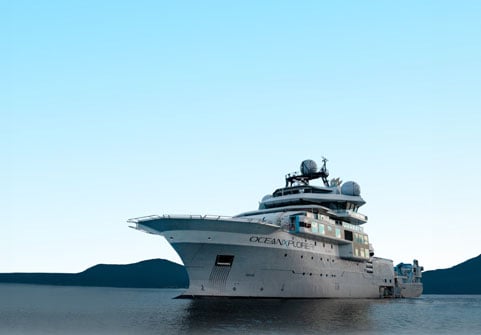Waste Not, Want Not?
Japan
Japanization
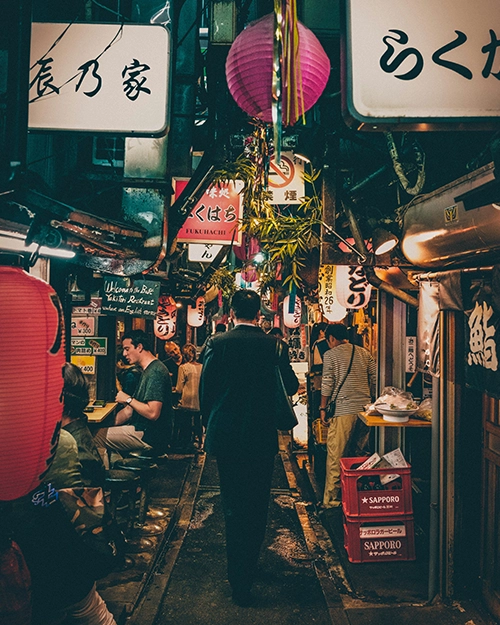
Waste Not, Want Not?
Japan II
Explore the rich tapestry of Japan's traditions and technology, from Tokyo's bustling streets to Kyoto's serene temples. The program's essence lies in firsthand learning about Japan's culture and society through empathic interviews, cultural exchanges, and guided experiences. This program delves into cultural adaptation, exploring fashion, food, and entertainment. Uncover the evolution of modern Japanese identity, building a profound understanding and appreciation for Japan and its people.
“From ancient shrines to bustling metropolises, Japan's tale is written in the whispers of tea ceremonies and the neon glow of modernity, a journey through contrasts.“
-
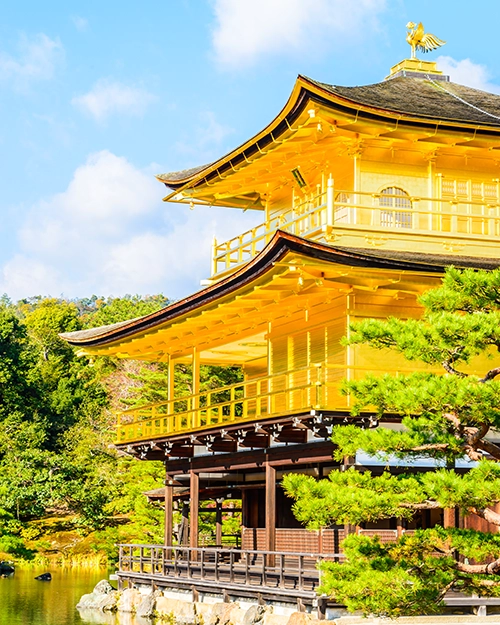
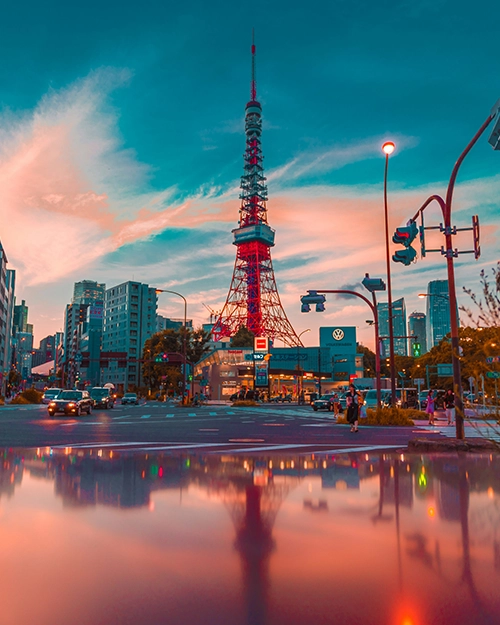
“Cherry blossoms paint, harmonious blend of tradition and innovation, Japan's soul revealed.“
-
Day 1
Embarking on our Japan journey, students depart for international flights. After a safety briefing, and a group dynamic activity, we head out to explore the surrounding area and have a welcome dinner together, sampling Japanese cuisine.
Day 2
We explore Tokyo's oldest Buddhist temple, Sensoji. After lunch, we begin to get accostumed to navigating urban Japan through a series of communicational and experiential challenges. It is a day for expanding comfort zones, in preparation for the days to come.
Day 3
We visit Toyosu fish market, where we chart waste-processing practices and assess the maritime industry's sustainability. After lunch, we head to Shibuya. We then take a tour of the Shibuya Incinerator, which processes over 200 tons of waste daily in a high-density urban area.
Day 4
We take an early train to Tsukaba, and visit the National Institute for Environmental Studies, where we learn about waste management, recycling, and biodiversity in Japan. We return to Tokyo, and spend the evening exploring the city.
Day 5
We rise early to witness the morning rituals of sumo wrestlers. This requires students to adhere to strict rules of behavior. After lunch, we visit the first iconic Meiji Shrine, and the vibrant Harajuku area, considered the center for local teenage fashion.
Day 6
We experience another unique aspect of Japanese culture: the shinkansen bullet train. We then settle into Kyoto with a walking tour with a local guide and visit the Fushimi Inari-taisha Shrine. To close the day, we reflect on our growth as travelers.
Day 7
We spend the day in Arashiyama. We travel by the famed Sagano Scenic Railway, visit bamboo groves, take a riverboat tour on Hozu River, and explore Matsuo Taisha shrine, and Rakushisha Residence, home of the 17th century haiku poet Mukai Kyorai. We close our day in Kyoto's Nishiki Market.
Day 8
We travel south to the small town of Kamikatsu on Shikoku Island. Home to just under 2,000 people, this small town is famed for its mandate to be completely trash-free. We explore the town, meet with key actors in the Zero Waste movement and learn about how they carry out their sustainable practices.
Day 9
We return by train to Osaka, and set out to Tenjinbashisuji Shotengai, the longest unbroken “shopping street’ in Japan. With a wealth of traditional Japanese medicine stores, restaurants, and specialty stops, this street provides the perfect context for our empathic interview experience.
Day 10
We wake up and pack our bags. After eating breakfast and completing our program evaluations, we board our bus to Osaka airport for our return flights home.

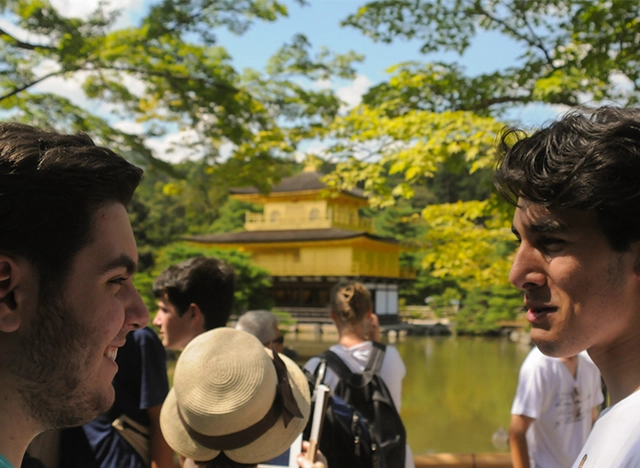
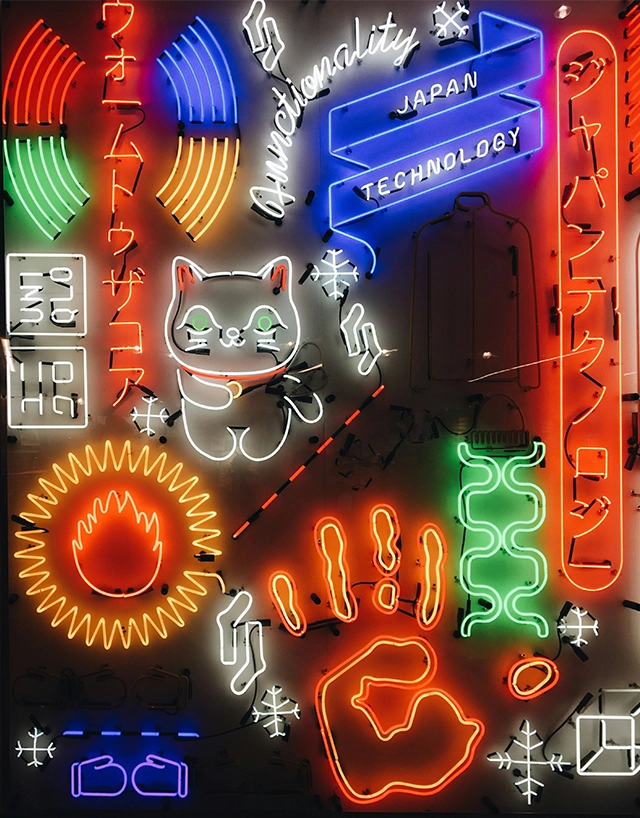
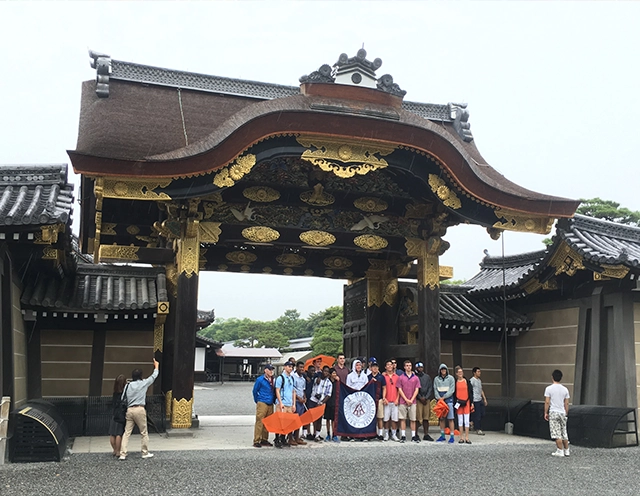
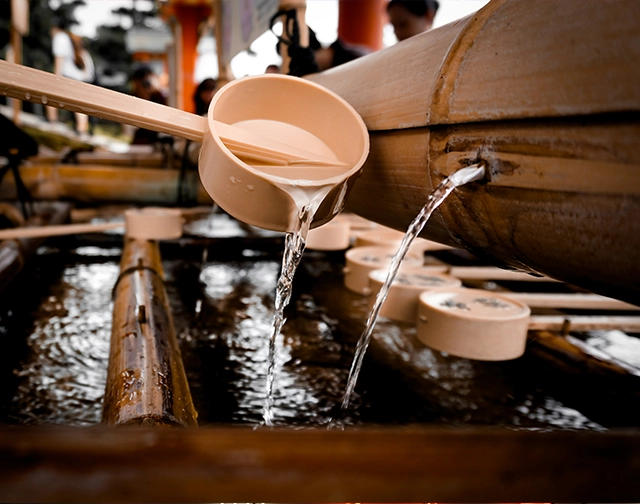
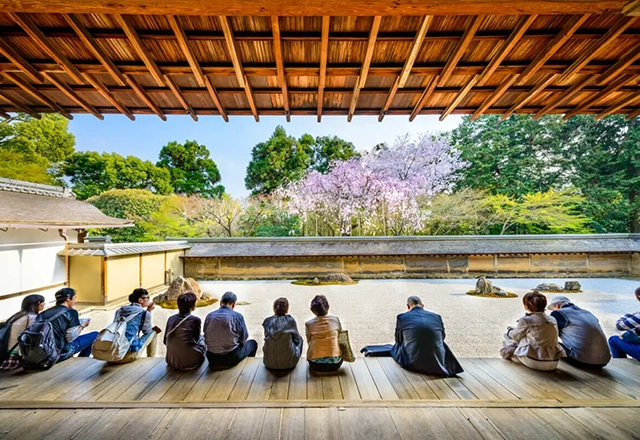
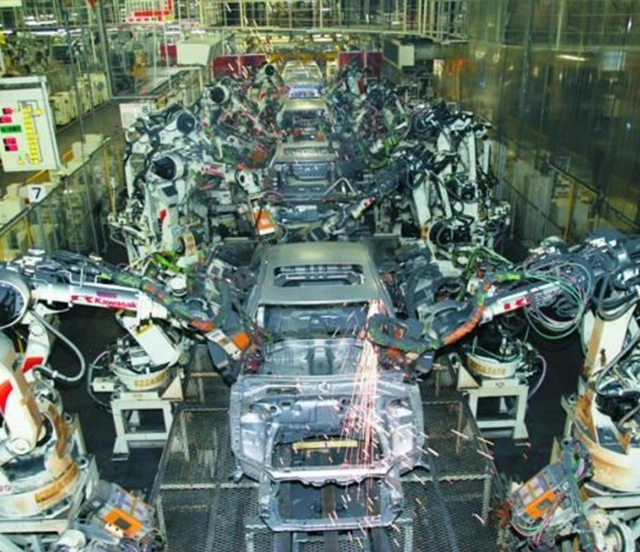
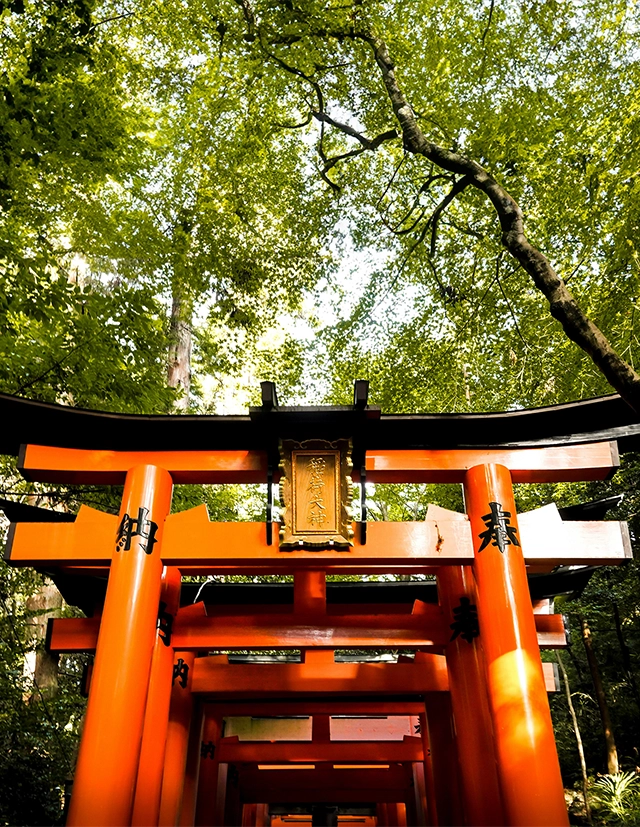
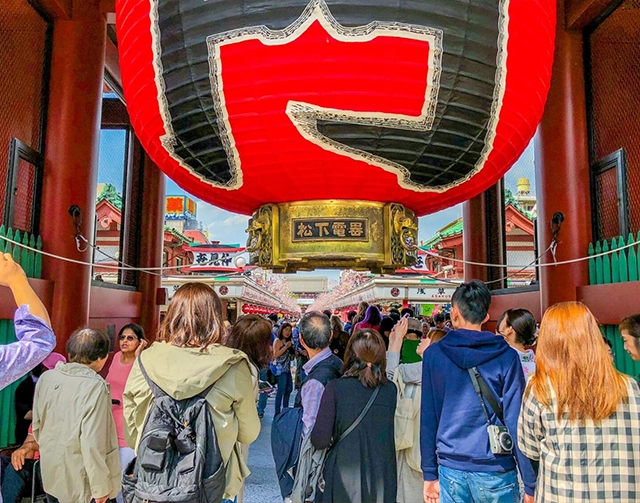
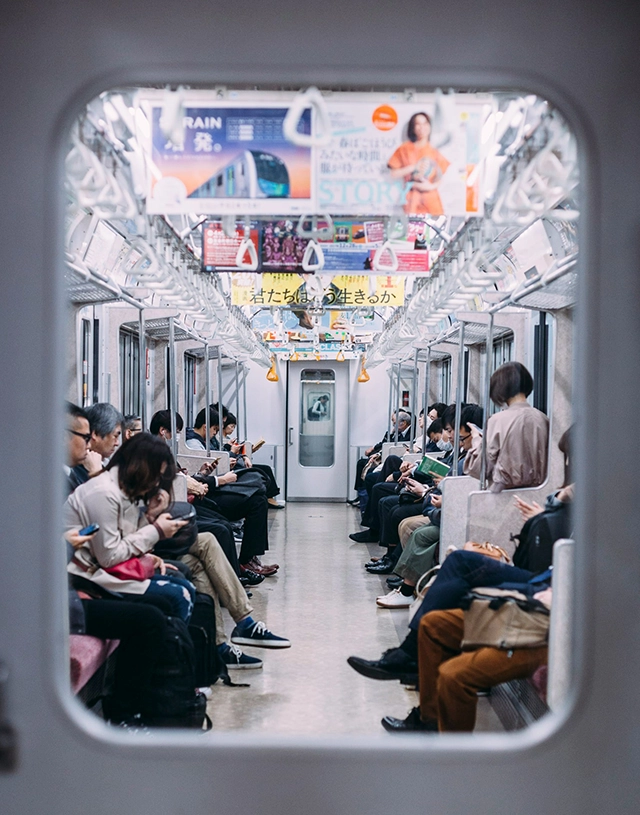
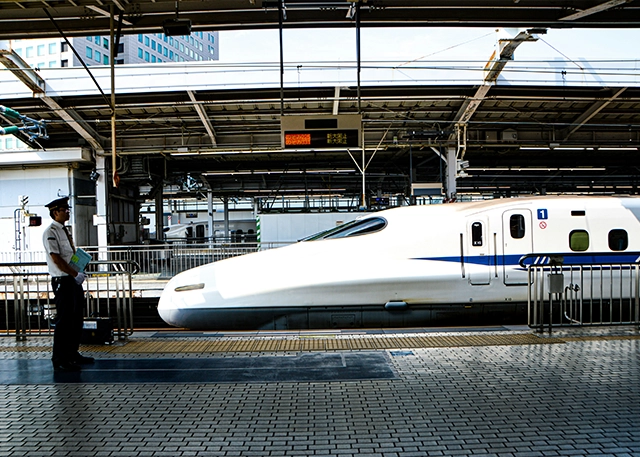
Lenses of Inquiry
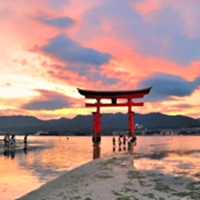
Whose World Heritage
UNESCO World Heritage Sites, recognized for universal value, provide students insights into diverse cultures, fostering responsibility for preservation and awareness of conservation challenges and sustainable development.
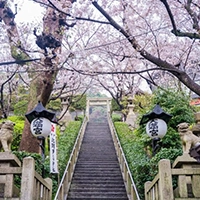
Zero Waste Japan
Japan has gained global recognition for its emphasis on zero waste culture, serving as a model for other nations. Student learn about their efficient resource management, from traditional practices like mottainai, bento boxes and furoshiki, to modern initiatives like the “3Rs”.
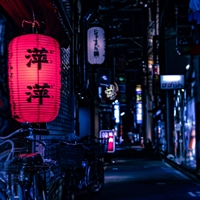
Adopt, Adapt, Adept
Japan employs a three-step approach, adapting foreign influences from China, Korea, the United States, and Europe to fit its cultural identity. This fusion is evident in diverse aspects like food, fashion, music, and art, creating a dynamic and evolving cultural landscape.
let us clear any
doubts you might have
At Envoys, we work to unite and educators from around the world to explore issues of global significance.
Do I need a visa to travel this destination?
Envoys is not a licensed insurance broker. However, families can easily request a quote and purchase insurance through our partner, Trawick International. Click here to get a quote. For assistance or any questions that may arise regarding insurance, you can contact Trawick international at 1-888-301-9289 or by email at info@TrawickInternational.com Non-US citizens are only legally allowed to purchase Safe Travels USA Comprehensive or Safe Travels International Cost Saver insurance plans from Trawick International.
What currency is used, and how can I exchange money?
The program maintains multiple lines of communication with the school, families, and Envoys main offices. The expedition will be equipped with local and international cell phones, a GPS transponder, and two-way radios. Program leaders will follow strict protocols to maintain a consistent flow of information. To ensure families are able to follow our trip, Envoys has custom-built a proprietary online platform to facilitate mobile uploading of information. Staff upload photos, videos, and postings feeds to the platform multiple times each day.
What vaccinations or health precautions do I need?
No one can guarantee freedom from harm, including accident, injury, illness, or death. A degree of risk is inherent in this program, as well as in all travel and outdoor activities. Potential hazards include severe weather, public disorder, interactions with non-program participants, lack of medical facilities, exposure to disease, and transportation accidents. Mental health issues may also be exacerbated through the stresses of a new experience.
Discover more learning experiences
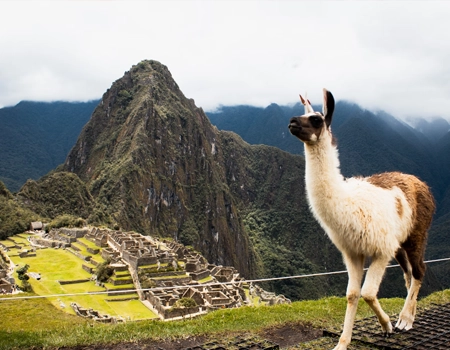

9 DAYS
Peru II
Journey through Peru's rich culture and breathtaking gastronomy on a student trip. A journey of learning and adventure!


10 DAYS
South Korea II
Experience the vibrant culture and modern cities of South Korea on an educational student journey. A journey of learning and adventure!


10 DAYS
Colombia IV
Entrepreneurship and Innovation in Colombia: A trip to Sustainable Solutions. A journey of learning and adventure!
